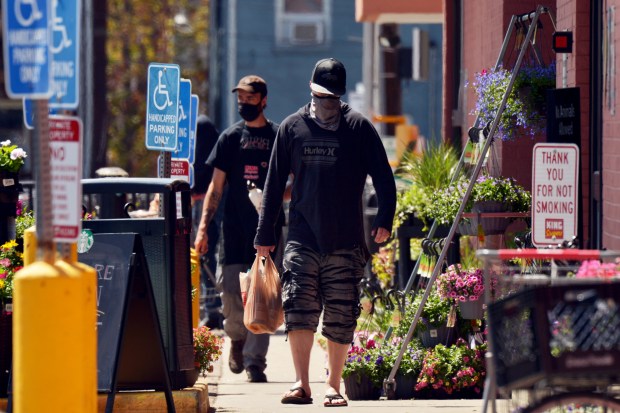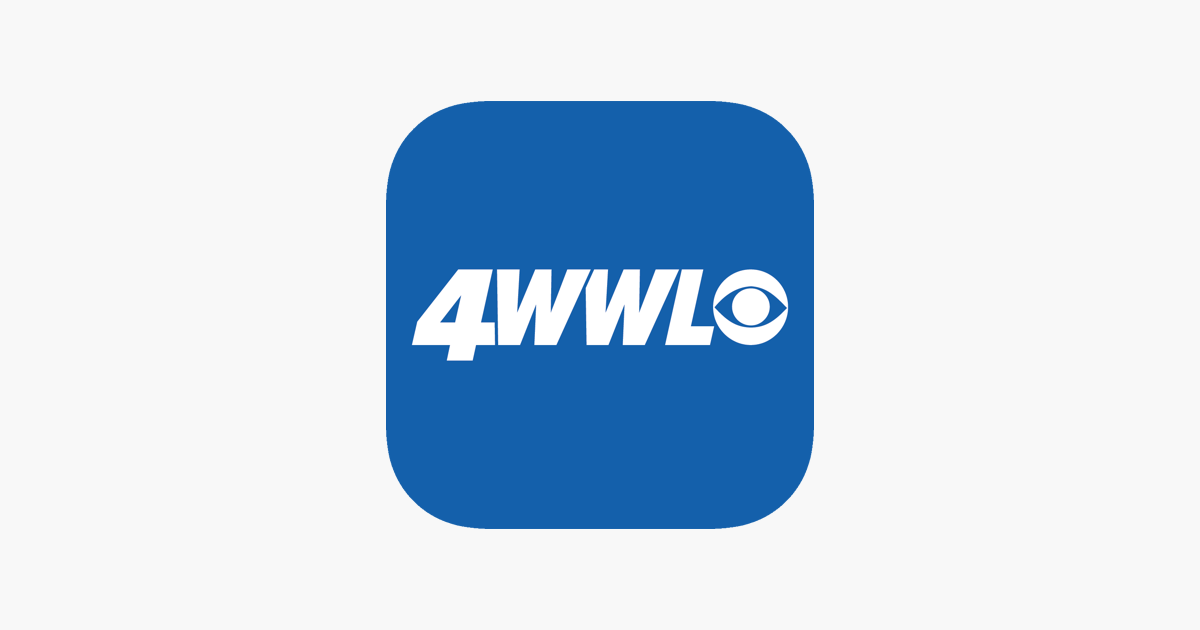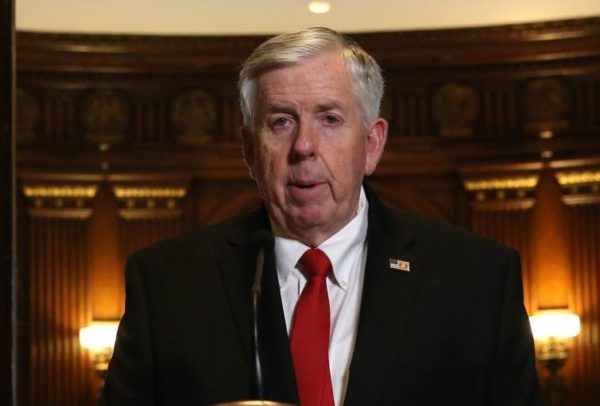Local governments’ orders mandating residents to wear masks have become a political flash point in Colorado’s ongoing coronavirus pandemic response, with some condemning the orders as government overreach and others heralding them as a prudent step to preserve public health.
The controversy about the mandates springs in part from their scattershot implementation, doubts about the efficacy of masks, frustration with ongoing restrictions on daily life, and the longstanding debate on the government’s reach.
“My sense is that we are such a polarized, divided country at the moment that even in quarantine, from our kitchen tables, and being unable to get together with our peers, we still need to find things to fight about,” said Eric Sondermann, an independent political analyst. “The mask mandate in different localities is just the latest flash point in these ongoing culture wars.”
Local mask mandates have been put in place in about a dozen communities across the state, including Denver, Boulder and Larimer counties. Some order residents to wear face coverings in businesses, others at all times in public; some orders attach misdemeanor criminal penalties to violations while others seek voluntary compliance.
In Larimer County, though, Sheriff Justin Smith said Wednesday he won’t enforce the new countywide public health order, which requires all residents over the age of 2 to wear masks when patronizing businesses until at least May 30 and classifies ignoring the order as a misdemeanor criminal offense.
Smith said mask wearing should be encouraged through social pressure and education, not through legal mandates, which he said are unenforceable and create angst among residents. Colorado has successfully slowed the spread of the novel coronavirus and hospitals have not been overwhelmed by patients. As restrictions across the state ease, he said, suddenly mandating masks in Larimer County seems unnecessary.
“We’re using a March strategy like this is a tidal wave, and the actual reality has proven different,” he said. “To throw in something like this, which has a lot of people angry and frustrated, is bad juju, and it’s something that is going to get my folks hurt. We’ve got angry protests at the capitol, the guy here with pipe bombs, we’re starting to get to a tipping point, and I’m just, I’m not going to walk us to the tipping point, I’m going to walk us back.”
The sheriff’s office is tasked with enforcing the law, he acknowledged, but said officers have discretion on how to do so.
“Every police officer has it beat into their heads, ‘You’re not here to be a strict enforcer of every law that is out there,’” he said. “‘You are here to protect the community. You have these tools available to you. Use them with appropriate discretion. Use the least amount of enforcement necessary to gain compliance.”
In Garfield County, Sheriff Lou Vallario said he has seen widespread voluntary compliance with the mask mandate in the city of Glenwood Springs. There is no countywide order, and the town-by-town approach adds to the confusion, Vallario said.
“More of the general social unrest comes from, ‘How come I can do this here, but not there?” he said. “‘How come I have to wear a mask in Glenwood but not the city down the road? How come I can wait in line for a cheeseburger at McDonald’s but I can’t go to church in the parking lot?”
Some of the concern, he said, also stems from the initial back-and-forth from public health officials on whether masks were helpful in slowing the spread of the coronavirus, and as well as general unease about government overreach.
“It gets to the point where people start feeling, whether it is a lawful order or not, how much can you infringe on what I am going to do?” he said. “If we have a blizzard in Glenwood Springs or Garfield County this winter, and we are under a winter storm warning, can the government say I have to wear a parka or I can’t go outside? Or I have to wear Sorel boots or I can’t walk in the snow?”
Still, national polling has shown that most Americans support caution when reopening the country amid the pandemic, and the most vocal objections to mandated masks seem to be coming from a “noisy minority” within the conservative bend, Sondermann said.
About 82% of Coloradans support or strongly support stay-at-home orders, according to an April study by the University of Denver and Montana State University-Bozeman. About 64% approve of Gov. Jared Polis’ handling of the pandemic response. The governor has strongly recommended that residents wear masks in public and ordered essential workers to wear masks, but has stopped short of a statewide mandate for all residents.

Hyoung Chang, The Denver Post
Shoppers wear masks at King Soopers in Capitol Hill on Thursday, May 7, 2020 in Denver. The city’s face covering ordinance requires any customer entering a Denver business to wear a mask.
Sara Spaulding, a spokeswoman for Wheat Ridge, which has a mask mandate on the books but does not attach any penalties to violations, said the city only implemented the order after hearing from frightened grocery store employees who were seeing a steady stream of unmasked customers.
The order, she said, is intended to slow the spread of the novel coronavirus and protect public health. The virus often spreads when an infected person coughs or sneezes, and masks can help stop those droplets from spreading from person to person.
“It’s about those people who are asymptomatic,” she said. “You might not have symptoms and you might not know you are a carrier. But if you’re wearing a face mask, you are going to reduce the chance that one of those vulnerable people gets COVID. And that’s what we all want, to stop the spread of this disease, see our numbers go down and get back whatever normal life looks like.”
She added that although the city’s order doesn’t carry criminal penalties, the police department can still leverage other means of enforcement, like citing someone for trespassing if they refuse to wear a mask inside a business and the business owner objects.
“We all need to protect each other,” she said.


